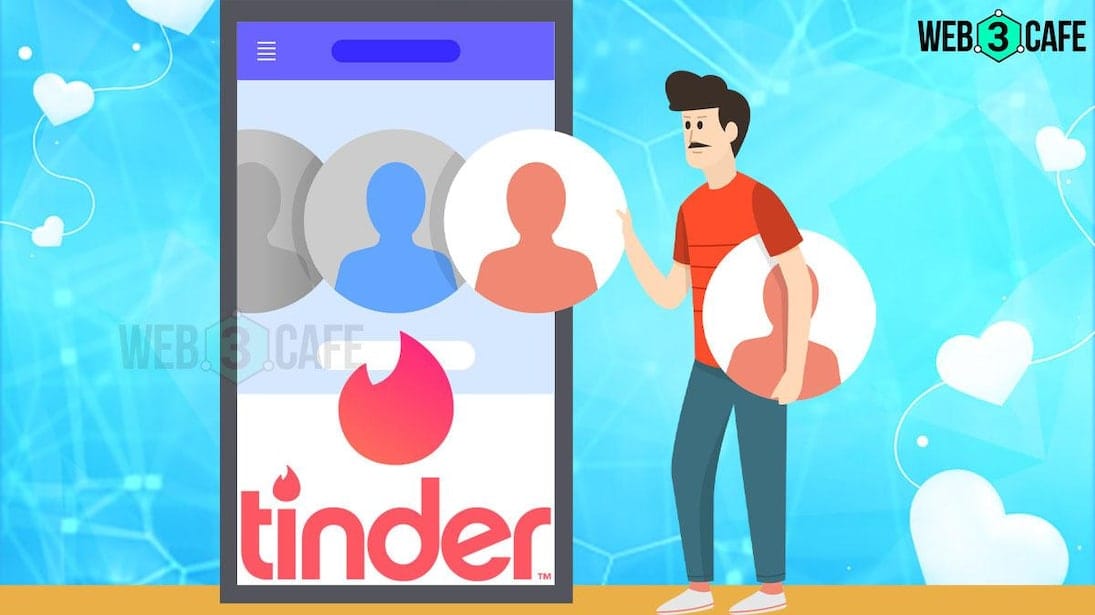As Tinder, one of the world’s most prominent dating platforms, continues to see a drop in active users, the company is turning to artificial intelligence in hopes of revitalizing its appeal. Owned by Match Group, which also operates other popular dating apps like Hinge and OkCupid, Tinder is betting on cutting-edge technology to reengage its community and secure its position in a highly competitive industry.
The upcoming AI-powered tools are designed to go beyond the now-iconic “swipe” feature that brought Tinder success over a decade ago. These new developments aim to bring a more tailored and thoughtful approach to matchmaking by analyzing user behavior, preferences, and other factors to suggest more compatible potential matches. This represents a significant pivot in how the app seeks to connect people, and it illustrates a growing shift within the online dating realm—which is veering toward personalized, data-driven experiences.
Announced in the company’s most recent quarterly earnings report, Match Group revealed that these AI tools are part of a broader plan to invigorate Tinder’s struggling numbers. The company reported a continued decrease in monthly active users, which has sparked internal discussions around innovation and modernization. In the previous quarter, the platform even saw a reduction in paying users, a serious concern given Tinder’s historically strong financial performance as a pioneer in monetizing online dating.
The reliance on traditional swiping—a hallmark of Tinder’s user experience—has become both a strength and a weakness for the brand. While the simplicity of swiping has created a ubiquitous interaction model emulated by countless apps, many users are now fatigued by its superficial nature. Singles today report seeking more meaningful engagement, and other competitors like Bumble and Hinge have already begun experimenting with richer profiles and other interactive options to meet these evolving desires.
By bringing artificial intelligence into the fold, Tinder plans to deliver a more curated experience. While specific details on how the algorithm will function remain proprietary, company spokespersons have alluded to capabilities such as analyzing nuanced preferences in conversations, refining recommendations based on direct feedback, and possibly integrating multimedia aspects like voice or video into the decision-making process. These developments could theoretically reduce mismatches and lead to stronger connections between users.
The introduction of these AI-based features will also be unique in addressing the increasing concerns users have regarding authenticity and safety. Match Group’s leadership emphasized that user security has been a focal point in crafting the upcoming updates. For instance, AI could play a role in verifying profiles and automatically flagging potentially harmful behavior, safeguarding the community from scams and harassment.
However, it is not just about using AI to differentiate Tinder from its competition. The company faces other serious challenges—including the perception of declining value among consumers. Many have moved to other apps or even offline platforms to build relationships organically. Pricing changes and in-app monetization strategies, like pushing premium perks, have irked users as well, contributing to frustration and disengagement.
Nevertheless, some industry experts believe that leveraging artificial intelligence could be a pivotal strategy for reigniting growth. AI has long been touted as having transformative potential in sectors as diverse as healthcare and retail, so it follows that matchmaking algorithms could also be optimized to deliver better success rates. If executed thoughtfully, Tinder’s use of AI might elevate the platform above simply being a “hook-up app” to one that fosters deeper, long-lasting relationships.
Moreover, this announcement fits within a larger context of the tech industry’s growing reliance on AI to anticipate human needs. Other dating apps, such as Hinge, have introduced their own AI features—like suggesting the “most compatible” match each week—proving that this technology is becoming integral across competing platforms.
Tinder’s growth historically transformed modern relationships, establishing itself as a cultural phenomenon. However, the app now must contend with a saturated market, shifts in societal attitudes toward dating, and evolving user requirements. Its foray into AI will not only influence its future trajectory but may also set new standards for innovation in digital matchmaking.
As the launch of Tinder’s AI features draws closer, both users and competitors will undoubtedly watch closely to measure its impact. If successful, it could push the industry toward deeper integration of machine learning technologies, elevating the landscape of online dating for years to come. Conversely, if the technology under-delivers, Tinder risks alienating its existing base further.
Regardless of the outcome, Tinder’s embrace of AI highlights the inextricable link between technology and human connection in the twenty-first century. As singles search for meaningful partnerships in an increasingly digital world, the role of algorithms—and their ability to understand human nuance—will be an essential component of the dating narrative.



